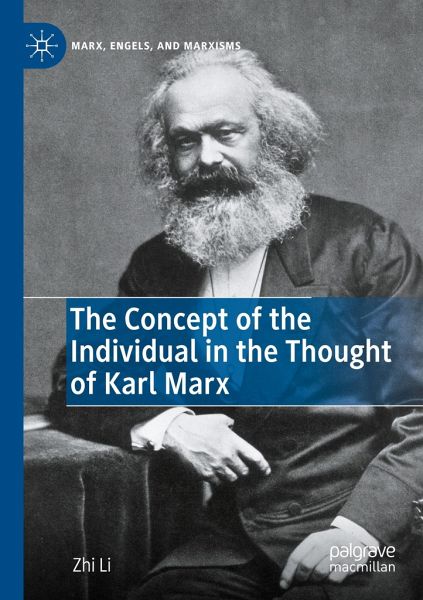
The Concept of the Individual in the Thought of Karl Marx
Versandkostenfrei!
Versandfertig in 6-10 Tagen
98,99 €
inkl. MwSt.
Weitere Ausgaben:

PAYBACK Punkte
49 °P sammeln!
This book reconstructs the concept of the individual in Marx as the key to a fresh interpretation of Marxian philosophy. Marx moved from an examination of the contingency and indeterminacy of individual consciousness in his early years to a critique of the atomistic individual and materialised social relations in his later years. His thought proposes that 'real individuals' are the basis for an understanding of human society that promotes the emancipation of humankind. Marx's philosophy has often been misunderstood as lacking a concept of the individual. In China, this misunderstanding not onl...
This book reconstructs the concept of the individual in Marx as the key to a fresh interpretation of Marxian philosophy. Marx moved from an examination of the contingency and indeterminacy of individual consciousness in his early years to a critique of the atomistic individual and materialised social relations in his later years. His thought proposes that 'real individuals' are the basis for an understanding of human society that promotes the emancipation of humankind. Marx's philosophy has often been misunderstood as lacking a concept of the individual. In China, this misunderstanding not only relates to cultural and linguistic particularities (the word 'individual' is seldom used in Chinese), but also relates to a misleading view of socialism and communism. This book helps remedy this misunderstanding and draws important comparisons and contrasts between Marx's concept of the individual with that of liberalism, and between Western and Eastern Marxism.












